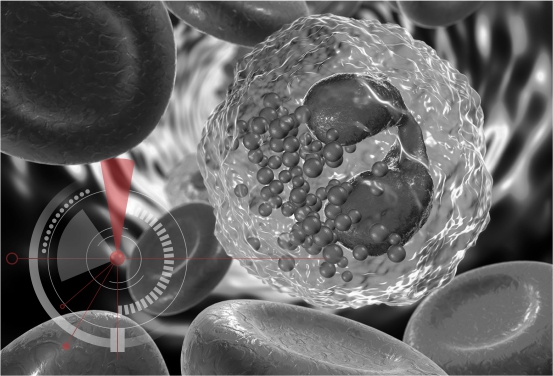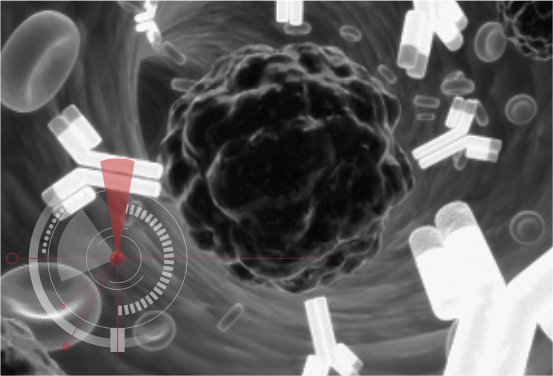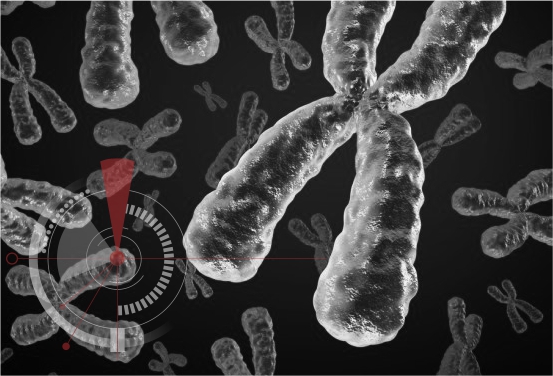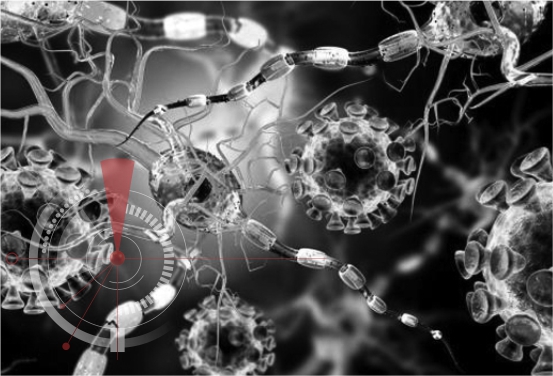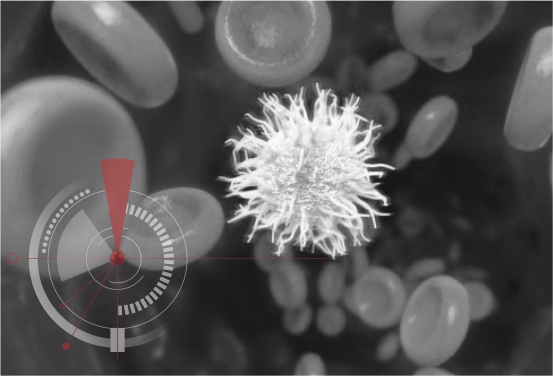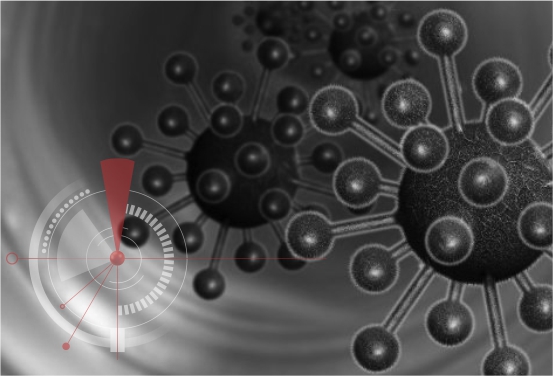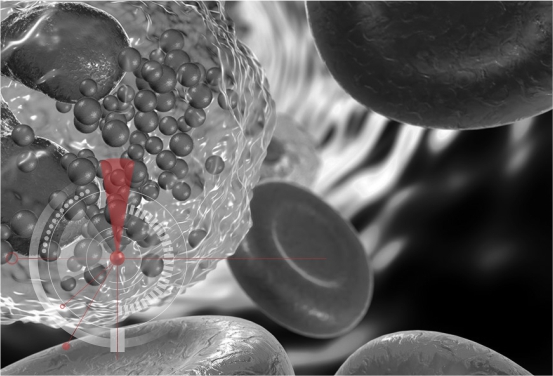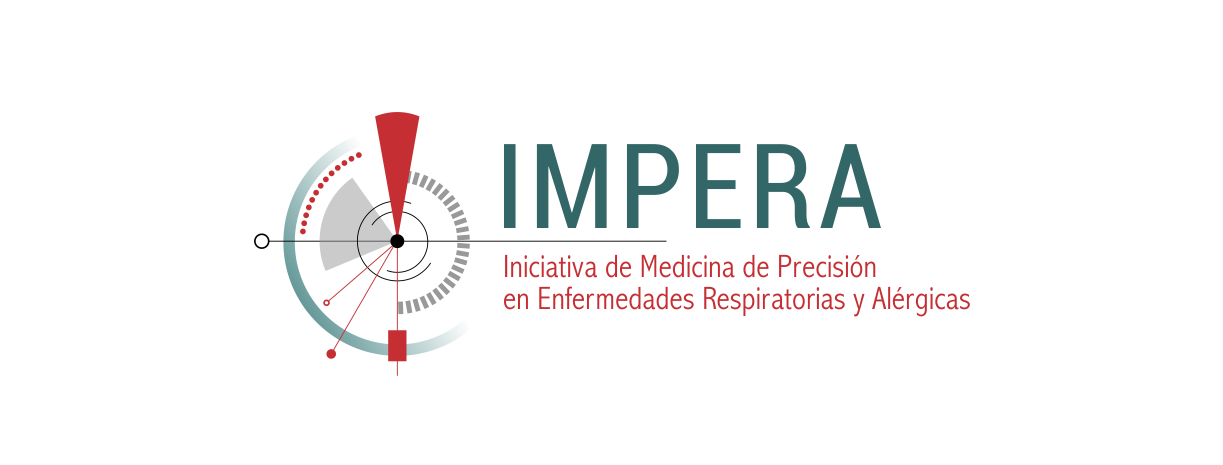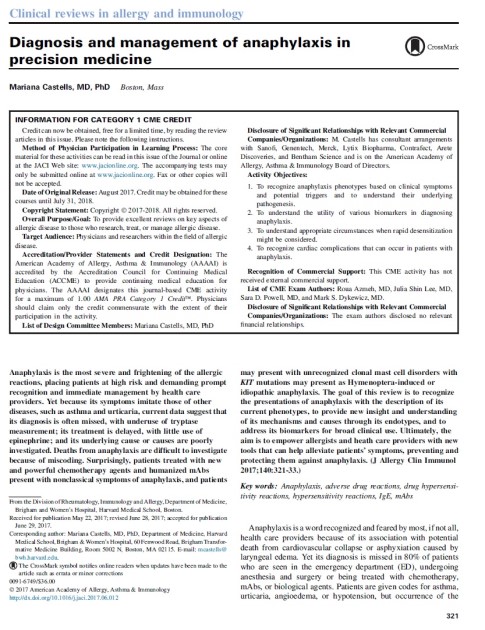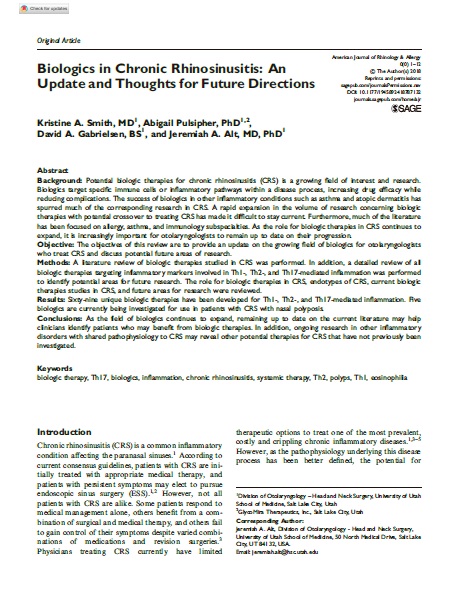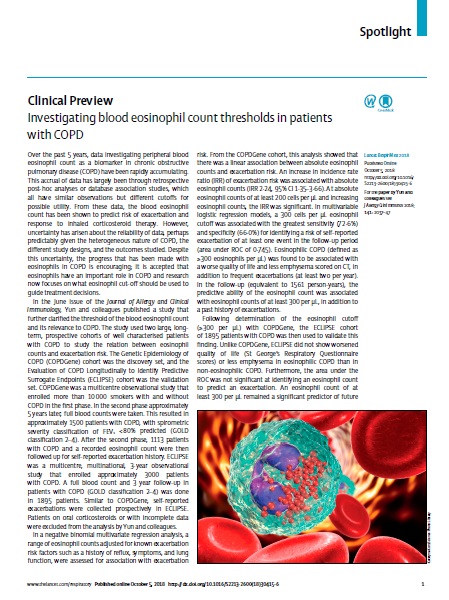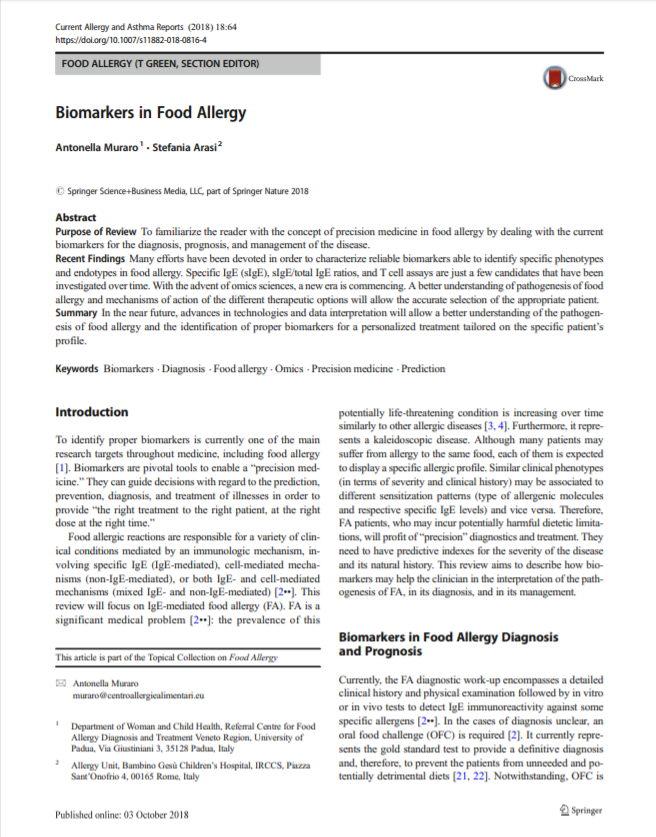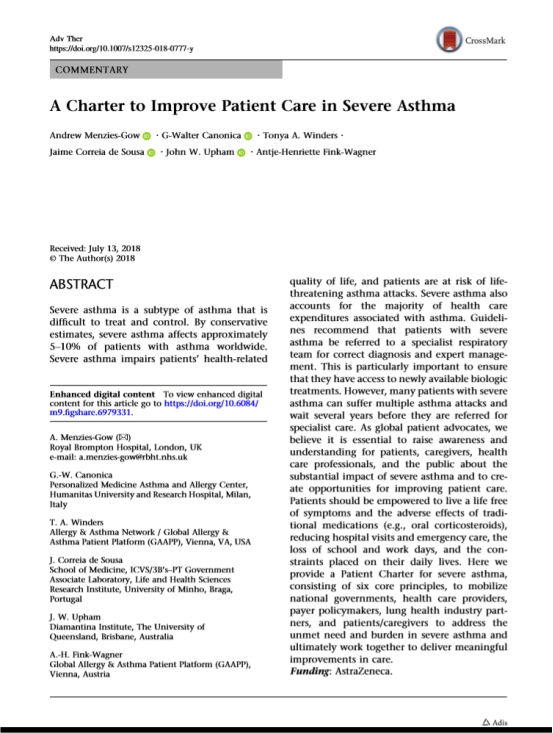Medicina de precisión en el diagnóstico y manejo de la anafilaxia
Interesante artículo sobre la nueva clasificación de anafilaxia según fenotipos y endotipos, teniendo en cuenta diferentes y nuevos mecanismos fisiopatogénicos. La importancia de reconocer síntomas atípicos y biomarcadores de utilidad clínica, como la triptasa, ayuda al diagnóstico de anafilaxia y diagnóstico diferencial con síndromes de activación mastocitaria.
Castells, Mariana. Diagnosis and management of anaphylaxis in precision medicine. Journal of Allergy and Clinical Immunology , Volume 140 , Issue 2 , 321 - 333


